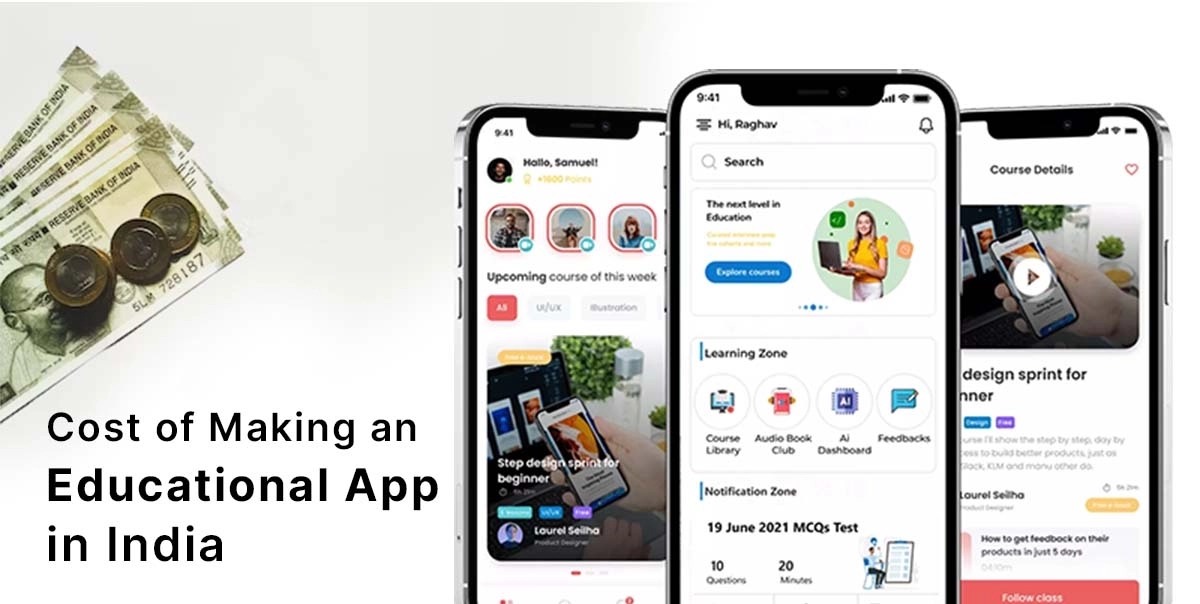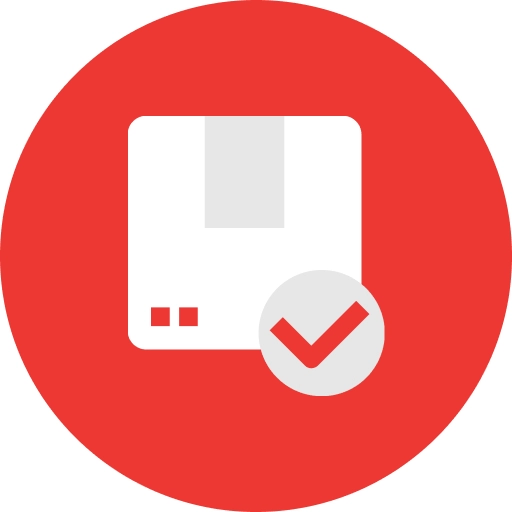Top 8 key skills for software test engineers | Some mandatory software test engineer skills

Posted By : Ambesh Mishra, Posted Date : Sep 14, 2024
Introduction: key skills for software test engineers
We are going to discuss the key skills for software test engineers. These mandatory key skills describe whether a software tester is professional or not. So, if you are a fresher or a beginner software test engineer, then do read this blog that gives an explanation about the qualities of software tester.
Living in a world of rapidly increasing usage of high technology, software has a great impact on the success of businesses and organizations. Software test engineers are crucial in that they help to make software as reliable as is needed in order to prevent software defects that may lead to part or full system failure. They conduct thorough trials to find any flaws in the software applications that users are likely to find to ensure they do not encounter any problems with the application. However, to be effective in this important position of software test engineer, one requires certain software test engineer skills. Attributes like technical skills, problem-solving abilities, communication, and the ability to adapt to new changes are important to survive in this dynamic field. In this way, the software test engineers can easily learn the tricks to become skilled software test engineers.
Table of Contents
- Benefits: software test engineer skills
- Technical skills | qualities of software tester
- Problem solving and analytical skills | software test engineer skills
- Communication skills | software test engineer skills
- Expert in agile methodologies | qualities of software tester
- Software development life cycle as well as testing life cycle | software test engineer skills
- Time management skills | skilled software test engineer
- Business skill | qualities of software tester
- Adaptive to the changing environment | skilled software test engineer
Benefits: software test engineer skills
Complexity of Software: Software apps today are practically intricate and possess more dependencies and interfaces. This makes it difficult to test and validate all aspects and this needs specialized attention on the part of the testers. A lack of skilled software test engineer may also cause test engineers to overlook some of the defects, which are very essential in determining the quality of the software.
Rapid technological Changes: There are constantly new technologies and tools that appear and shift the position of software testing on the market. This means that test engineers need to be well-informed of changes happening in the market to be in a position to test new and complex software applications. Some of the software test engineer skills enable them to be in a position to embrace the changes in technologies and testing approaches.
Quality Assurance: This is important since different parts of software may produce different results, and this is achievable through vigorous testing. View 6 Test engineering skills make it possible to enable test engineers to find defects and bugs, thus ensuring that users do not experience any issues.
Communication with Stakeholders: It will be noted that test engineers convey technical information to technical and nontechnical personnel. These qualities of software tester allow them to describe problems in straightforward terms and bring together, in cooperation, concerned stakeholders to solve problems.
Career Growth: Mastering of key skills for software test engineers increases the employability status and growth of test engineers. They prove their dedication to work as well as the capacity to transform for the better as their industry progresses.
Technical skills | qualities of software tester
A software test engineer should have an adequate technical understanding that focuses on languages like Java, Python, and C++ as well as know testing tools like Selenium, Appium, and JIRA, among others. They should also have a working knowledge of various operating systems, such as Windows, Linux, and macOS, and should be conversant with MySQL and Oracle database management systems. Moreover, they should be aware of software development life cycles and Agile methodologies and be involved with cloud environments and DevOps.
Problem solving and analytical skills | software test engineer skills
There is a need to possess analytical and problem-solving abilities to be a software test engineer because this kind of engineer will determine various technical problems, isolate them, and solve them. With such skills, the test engineers are in a position to judge the test outcome, notice trends, and even pinpoint an error. Following the principles of rationality and imagination, in their work, they create workable solutions that would guarantee the quality and stability of the developed software. These software test engineer skills are useful for the industry because they increase the efficiency of testing and the effectiveness of defect detection, as well as the general performance of the software.
Communication skills | software test engineer skills
Communication and interpersonal skills are important for software test engineers because they must be able to share technical data with various audiences. The proper definition of defects, test plans, and results promotes developers, managers, and customer interaction. Reflective listening and resolution involve comprehending business needs and users’ needs in the field. These key skills for software test engineers are also advantageous to the industry since they cut down on testing procedures, minimize confusion, and improve team efficiency. Effective communication also supports transparency and cooperation, which positively affects product quality and enhances trust between the producer and the customer, decreasing time to market and increasing its effectiveness.
Expert in agile methodologies | qualities of software tester
It is also important for software test engineers to be aware of Agile methodologies, which would prepare them for environments that are based on the iterative and incremental approach. Familiarity with Agile methodologies like Scrum and Kanban allows the test engineers to work on the shifting requirements, prioritize the tests, and work with other teams. As can be seen from the betters above, it also helps the industry in such ways as shortening the time to market, improving the testing approach, and enhancing software quality. Agile testing becomes systematic for the taking and it implants itself into the Agile development process as expected; it directly results in business agility or customer responsiveness, as derived from the need for testing.
Software development life cycle as well as testing life cycle | software test engineer skills
Every skilled software test engineer should have adequate knowledge of both the software development life cycle and the testing life cycle. They require this knowledge to set testing in the right perspective in the system development life cycle, concerning the development goals and time frame. Knowledge about stages of SDLC, including requirement collection and the design phase, makes the test engineers more likely to detect the probable areas of testing complexities and to design suitable strategies. Likewise, to plan and execute tests effectively, they are also able to understand the TLC stages, such as the test planning and the test execution so that they can incorporate the test into the overall development phase of any product. This kind of understanding helps the overall industry as tests are more comprehensive; the defect rate lowers and generates better quality software; time to market is less, costs are low and customers are happy.
Time management skills | skilled software test engineer
One of the key skills for software test engineers is good time management and organizational skills in performing the test, scheduling the test, handling several projects, and working to deadlines. Through efficient time management, test engineers can set adequate time for test planning, testing, and test reporting to minimize time wastage. They can keep good records, record defects, and be able to report or communicate with other teams well thanks to good organizational skills. All these skills can be of advantage to the industry through the promotion of efficient testing, thereby reducing costs and promoting quality software. High-quality software delivered on time reflects competent test engineers’ ability to manage their time and work effectively, contributing to business growth, customer satisfaction, and competitiveness in the marketplace.
Business skill | qualities of software tester
A software test engineer who possesses business knowledge will be in a position to correlate the testing methodologies with the goals of an organization by relating them with the organization’s revenue and customer satisfaction based on the quality of the developed software. Knowing the business risks, they can prioritize their testing, explain technical aspects of problems to the shareholders, and minimize the costs of testing. Test engineers in this context are business-oriented, thus, they deliver value by making sure that software meets the market requirements, finding ways on how processes can be made more efficient, and inputting to strategy. Software development, is advantageous in that it caters to the customers’ needs and helps create business increased competitiveness in the market. That is why knowing the language of business, test engineers can raise the profile of their position and promote organizational growth.
Adaptive to the changing environment | skilled software test engineer
A software test engineer able to perform and demonstrate adaptability skills can effectively operate in today’s fast-evolving technological environment while responding to emerging tools, approaches, and project needs. Flexibility enables test engineers to cope with failure and change the approach to testing as well as changing priorities. The benefit of these software test engineer skills is that they preserve the relevance of testing any time that technology keeps on advancing or the necessities of a project change. By adapting to change and moderating testing strategies, engineers foster innovative solutions, escalate efficiency, and develop/herald quality software as per the emerging customer requirements, thus enhancing business adaptability or competitiveness to the escalating challenges of a dynamic technological environment.
Conclusion
To become a successful software test engineer, one requires certain software test engineer skills, including the technical, business, and soft skills in his or her arsenal. There should be relevant technical competencies like program or testing frameworks besides broad business competencies such as the software development life cycle and the market. People skills such as interpersonal skills, flexibility, and decision-making foster teamwork and unimaginable enhancements. Modifying the current dynamic environment, distinct requirements are expected from software test engineers, which include versatility, innovation, and customer-centricity. Therefore, by acquiring these key skills for software test engineers, test engineers can ensure the development of quality software, advance the firm’s business objectives, and adapt successfully to the dynamic technological environment in the marketplace.




















































































